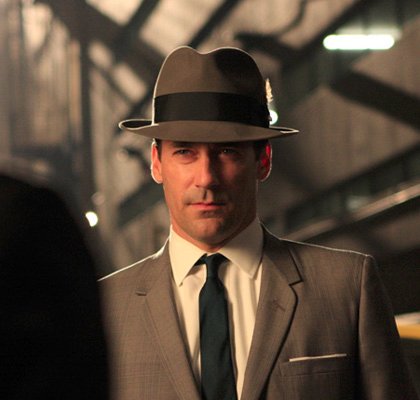A swarm of socialists, anarchists, “students,” and random ne’er-do-wells took to the streets of London this week to smash, loot, burn and assault–all to express displeasure and general grumpiness about the British government’s attempts to restore some fiscal sanity and sustainability to the economy there.
Put simply, the British economic car is hurtling toward a cliff (as are most other national cars that have succumbed to creeping socialism and swelling entitlements over the last 50 years.) The current Tory government was elected by a majority of British voters to at least apply the brakes if not turn the car around. And in response to a tap on the brakes, the above-mentioned groups have responded as expected.
Yes, the violent anarchists are only a small subset of the teachers, firefighters, nurses (who in socialized Britain are government employees) who descended on the city in the hundreds of thousands. But they are all united in their profound wrong-headedness.
As with the riots in Greece, Spain and Italy over the last year–these protests serve to validate what conservatives and libertarians have been warning about for decades, going all the way back to Barry Goldwater and Bill Buckley in the ’60s and even earlier to Paul Harvey in the ’40s and ’50s.
(By the way, I know of a great book that brings you the timely wisdom of Paul Harvey plus his fascinating story–coming in softcover in June!)
Paul Harvey warned about a encouraging a sense of entitlement and fostering dependency on messianic government:
Well sir, when that early pioneer turned his eyes toward the West he didn’t demand that someone else look after him. He didn’t demand a free education. He didn’t demand a guaranteed rocking chair at eventide. He didn’t demand that somebody else take care of him if he got ill or got old.
There was an old-fashioned philosophy in those days that a man was supposed to provide for his own . . . and for his own future. He didn’t demand a maximum amount of money for a minimum amount of work. Nor did he expect pay for no work at all. Come to think of it, he didn’t demand anything.
That hard-handed pioneer just looked out there at the rolling plains stretching away to the tall green mountains, and then lifted his eyes to the blue skies and said, “Thank you, God . . . Now I can take it from here.”
That pioneer spirit isn’t dead in our country . . . it’s dormant, it’s been discredited in some circles, driven underground . . . but it isn’t dead. It’s just that a few seasons ago politicians, baiting their hooks with free barbecue and trading a Ponzi promise for votes, begin to tell us we don’t want opportunity anymore, we want security. We don’t want opportunity, they said, we want security. And they said it so often we came to believe them.
We wanted security. And they gave us chains. And we were “secure.”
Harvey wrote those words a few years after Harry Truman took over for FDR. Nevertheless, even FDR was opposed to public employee unions and “collective bargaining” for government workers.
All of which brings us to Wisconsin–where the very economic future of our nation is being fought out by proxy. In Madison, the rage is somewhat more controlled, but there has been enough union thuggery, muscle-flexing, intimidation attempts and even death threats against Republican legislators to make all the liberal hand-wringing about “civility” after a nut-case shot an Arizona congresswoman seem at once cynical and farcical.
When a critical mass of people in any society begin to believe they are entitled to certain levels of government largesse, and when a generation of citizens arise who have been trained to believe that government power can trump the laws of supply and demand–setting the prices of everything from bread to medical care–riots are inevitable.
In Europe, government regulation of business has almost made labor unions superfluous. The entire populous has come to adopt a union mentality. In Wisconsin and in other bankrupt states, the choice is being made as to whether to continue on the road to European decline, or to reverse course toward an American renaissance of pioneering spirit and self-reliance.
Update: IowaHawk tweets:
Instead of ‘anarchists,’ call the London rioters what they are: shock troops for the Nanny State-Union Complex.
And:
Same message in London riots as in Madison. “Elections, shmelections. Keep forking it over or we burn the mother down.”









